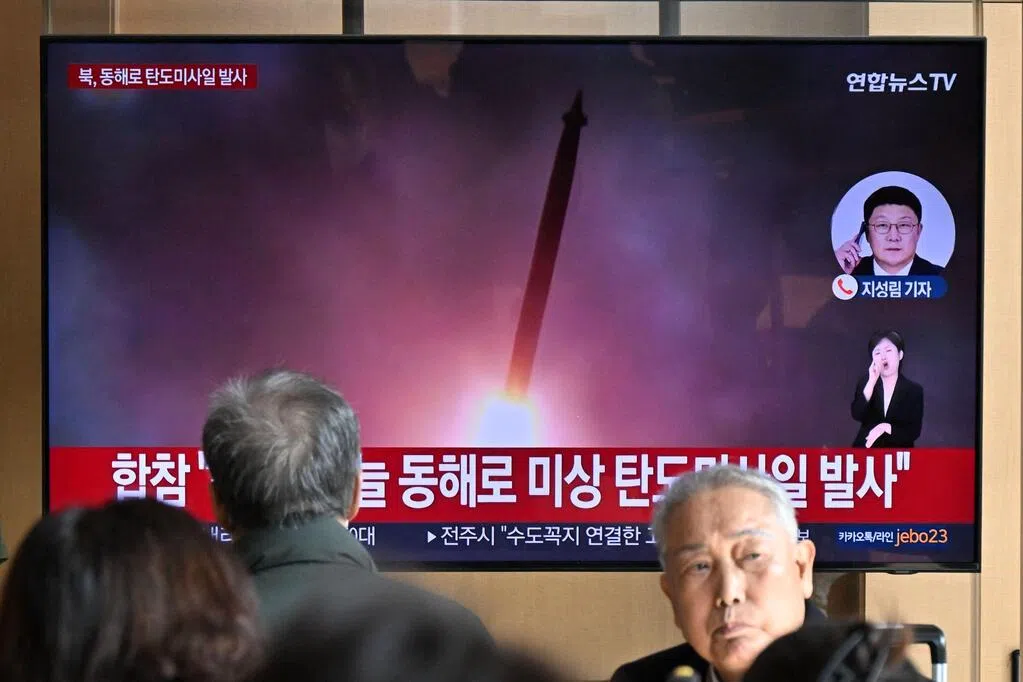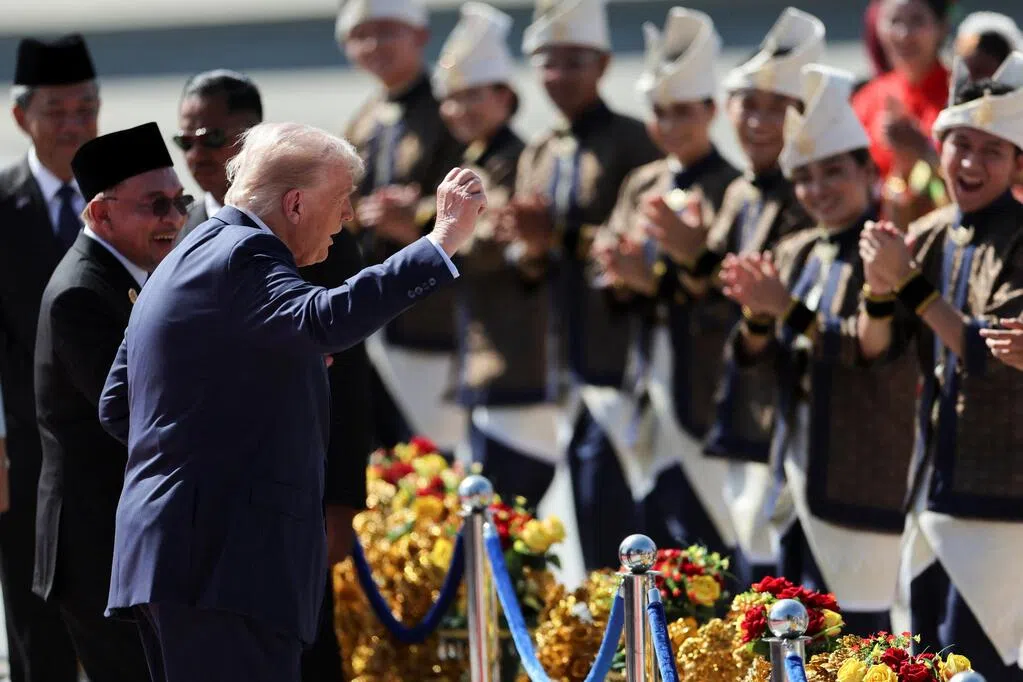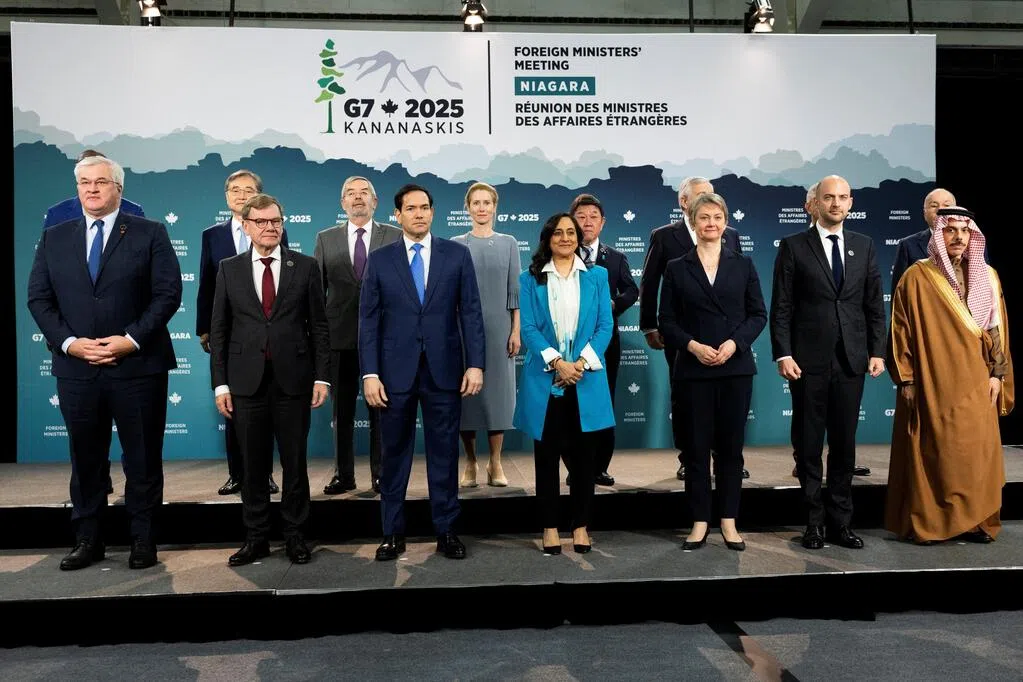Following 16 days of negotiations after the summit in Gyeongju on November 29th, South Korea and the United States simultaneously announced the formal signing of a Joint Fact Sheet on November 14th. The sheet comprehensively summarizes key achievements in areas such as tariffs, security, and energy, setting the tone for a "comprehensive upgrade" of the ROK-US alliance.
South Korean President Lee Jae-myung stated at the presidential palace in Yongsan, Seoul on the 14th that the agreement between South Korea and the United States to advance South Korea's construction of nuclear-powered submarines was a "decades-long aspiration" and a "strategic asset needed for regional stability." He emphasized that South Korea's successful securing of US support on uranium enrichment and reprocessing of nuclear fuel was of historical significance.
On trade, the United States pledged to reduce tariffs on South Korean automobiles and auto parts from 25% to 15%, and to set the tariff ceiling for pharmaceuticals at 15%. Strategic industries such as semiconductors also received "most-favored-nation" status.
South Korea, in turn, agreed to increase its defense budget to 3.5% of its GDP. Both sides also confirmed their commitment to advancing the $350 billion South Korean investment plan in the United States, with $150 billion earmarked for shipbuilding, from which South Korea will solely enjoy the profits; the remaining $200 billion will be used for strategic projects, subject to selection by a joint South Korea-U.S. committee and final approval by the U.S. President.
The statement also explicitly states: "The United States has approved South Korea's construction of nuclear-powered submarines and will cooperate closely with South Korea on fuel supply."
Further Reading


Lee Jae-myung also revealed that the US is discussing entrusting South Korea with the construction of some US warships. While the document did not specify the location of the submarine construction, National Security Advisor Wi Sung-rak emphasized that both sides' discussions were predicated on "construction in South Korea," and stressed that the development of nuclear submarines was "limited to peaceful purposes and unrelated to nuclear armament."
It is understood that the core reason for the delay in the document's release is the long-standing disagreement between South Korea and the US on the wording regarding uranium enrichment and nuclear fuel reprocessing. The current ROK-US Atomic Energy Agreement strictly limits South Korea's processing of used nuclear fuel and production of low-enriched uranium. The final text, based on the premise of "compliance with the agreement and US law," includes a clause stating that "the US supports the South Korean private sector in advancing relevant procedures."
South Korean observers commented that this is the first time the US has publicly supported South Korea in an official document, but diplomatic circles generally believe that it still falls short of a substantial expansion of authority.
Lee Jae-myung also announced that South Korea will expand its investment in AI, deepen cooperation with companies such as Nvidia, and aims to become one of the "world's top three AI powers" and "Asia's AI capital."



